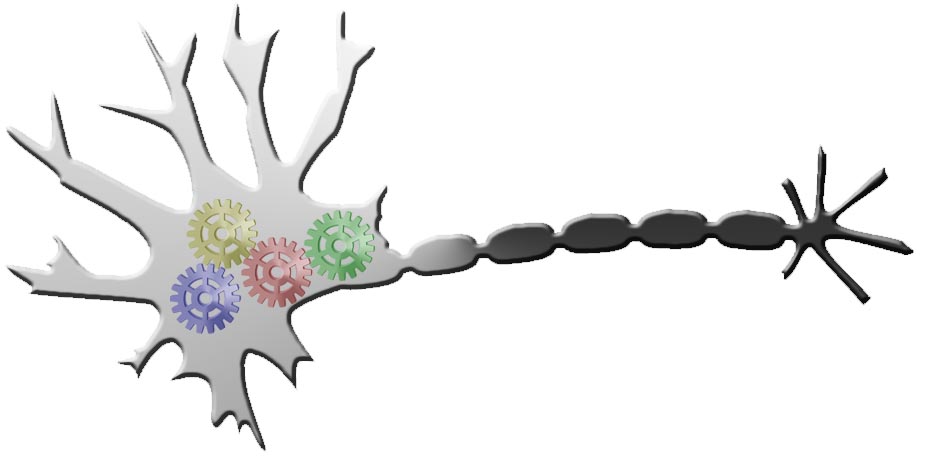ASD Research Findings using Induced Pluripotent Stem Cells

To date, studies using patient-specific neurons derived from induced pluripotent stem cells (iPSCs) have predominantly involved patients with monogenic syndromes (Rett, Timothy, and Fragile X syndromes) in which a subset of patients also develop ASD, rather than patients with idiopathic, or unexplained, autism. While a recent publication described the generation of iPSC-derived neurons from the peripheral blood mononuclear cells (PBMCs) of three ASD patients1, the functional properties of these neurons were not extensively characterized. However, the information that has been obtained from studies using patients with monogenic syndromes has yielded insight into the neuronal defects that may underlie disease in idiopathic ASD cases. Furthermore, these studies have also demonstrated the capabilities of iPSC-derived neurons in drug screening and individualized therapies for ASD patients. Neurons derived from iPSCs from patients with these syndromes display defects in neuronal appearance and function, as is described in greater detail below.

